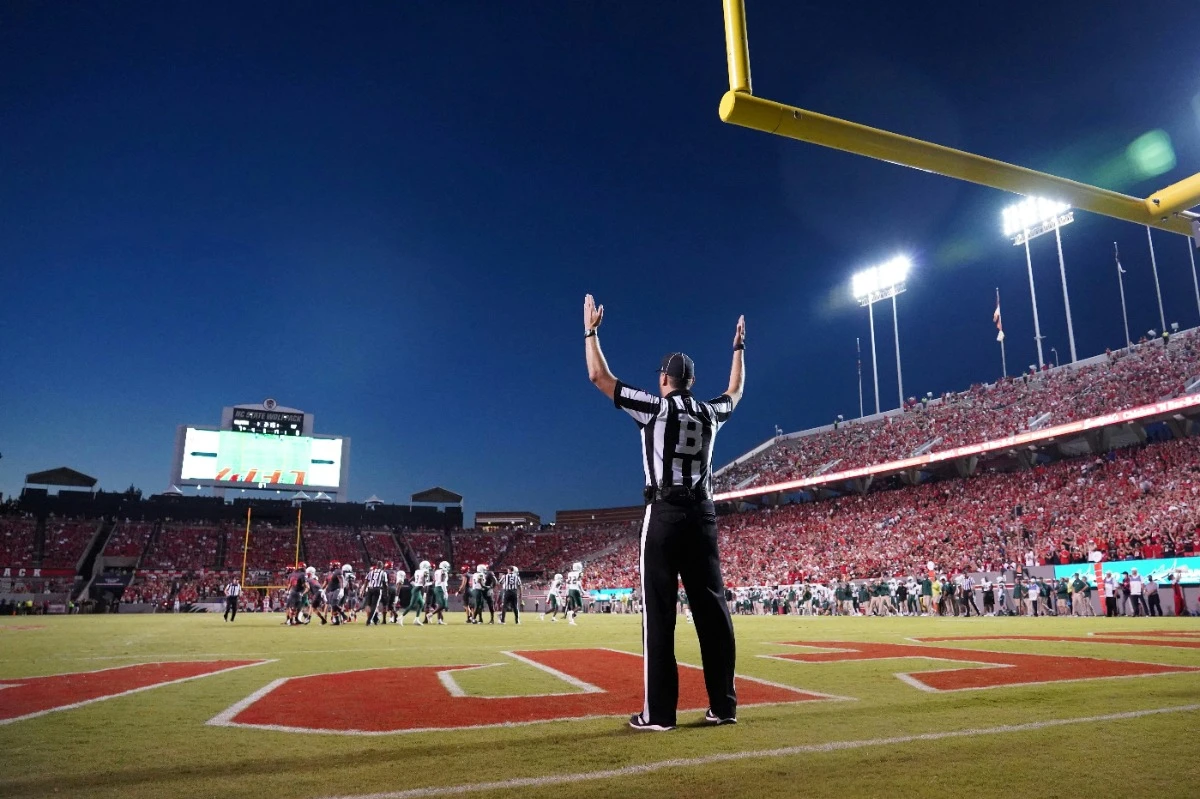What do NCAA athletes, coaches and administrators really think of the proliferation of gambling? One college professor sought to find out.
Early in this college football season, Michigan State quarterback Aidan Chiles made national headlines when he was talking to media members about the Spartans’ upcoming game against Florida Atlantic.
Rather than predict a high-scoring contest, Chiles put it in different terms that caught many off-guard.
“If you bet, take the over,” said Chiles.
A starting QB making a blatant sports betting reference in front of the media generated a storyline that those within the walls of the NCAA offices would rather not deal with.
Chiles’ remarks are just another example of how much sports betting has become a mainstream topic. Such is the case when promotions from the national sportsbooks have become ubiquitous during game time.
As for the impact of these advertisements on those actually participating in the games, the NCAA and its member schools have taken a public stance that student-athletes are insulated from the influences through campus educational campaigns.
There are other recent examples before Chiles. Kayshon Boutte was accused of gambling while at LSU and Iowa State’s DeShawn Hanika was charged with making improper wagers in 2023. Together they seem to indicate the wall between players and the sports betting world isn’t as well constructed as hoped.
Anonymity offered in exchange for honesty
In an effort to understand the current climate on college campuses regarding student-athletes and sports betting in a post-PASPA world, I interviewed a number of Division I administrators and coaches as well as football, basketball and baseball players on the topic. The goal was to look at this subject not just when a controversy sparks attention. Rather, to look at it in a broader sense to see how aware and interested student-athletes are with sports betting.
All respondents were given anonymity to elicit honest answers and prevent their schools possibly being cast in a negative light.
Finally, respondents were not asked if they have personally wagered on any games. A question related to self-incrimination provides little validity. The goal of this piece is to assess the exposure college players have to the growing presence of sports betting, not to out any of them.
Read the full story here.

Casino Reports is an independently-owned
publication dedicated to covering the regulated US online
casino/igaming industry, with news, features and original reporting on industry happenings, business, legislation, regulations and more.




